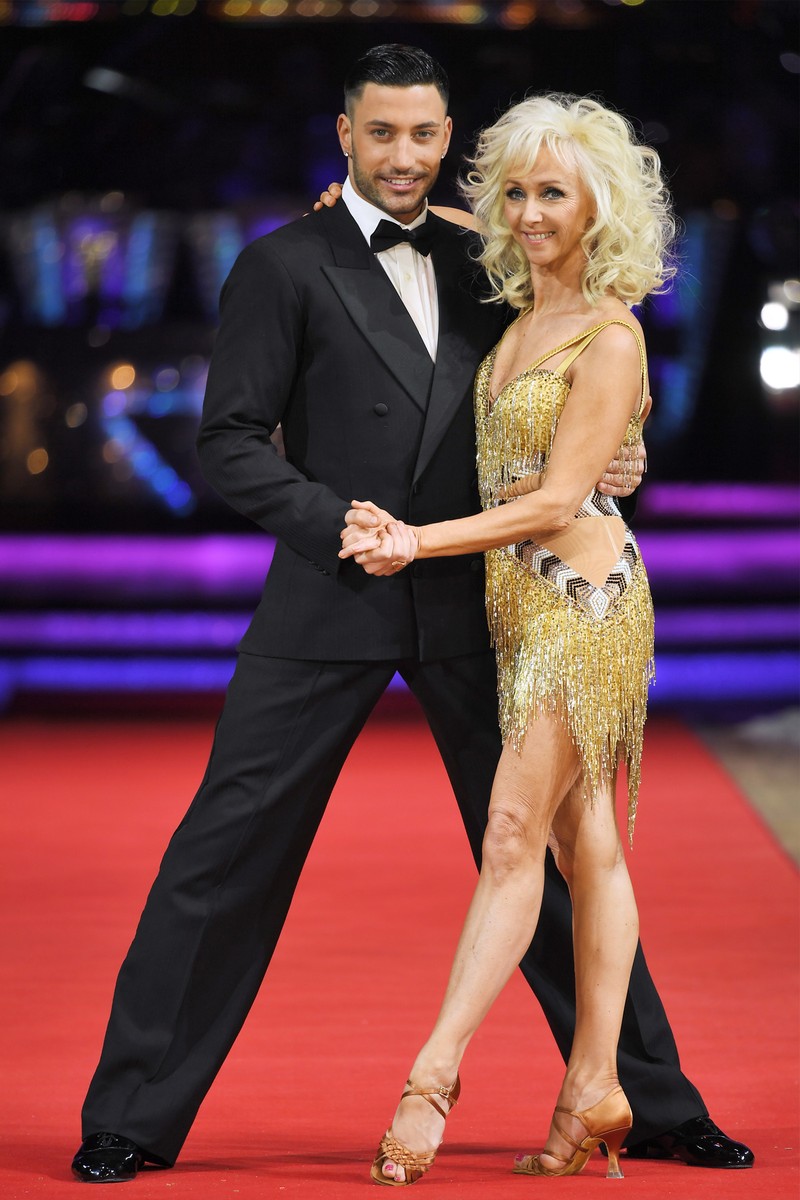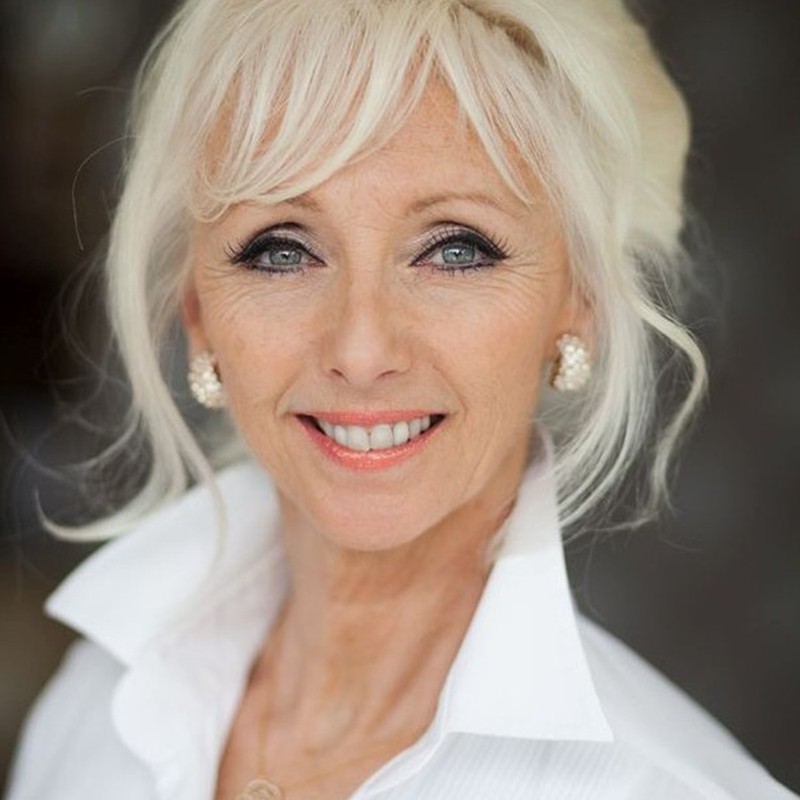
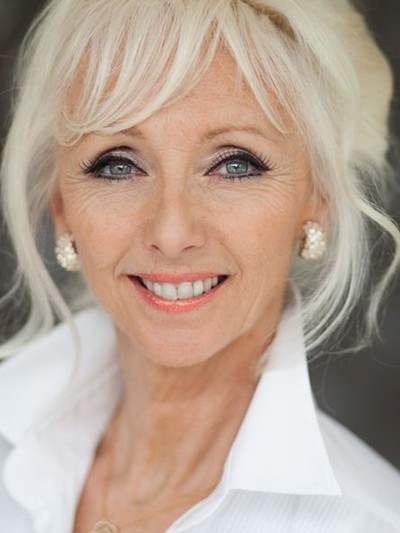
The Gold Edition Meets… Debbie McGee
My love of dance started from a young age. I used to watch Hollywood musicals on TV with my mother and I can remember her taking me to my first movie, Seven Brides for Seven Brothers. Anytime there were dancers on TV, I would get up and try and dance and sing, and I spent my summers with my cousins writing stories and plays. I suppose I just had a leaning towards it. When I was five, my parents sent me to a local dance school where I did quite well. But my father said if I wanted to take this up as a career, I needed to go to a better school when I was 11, which I did. It’s interesting because neither Paul nor I came from showbusiness backgrounds – but we just loved it.
I was part of a classical ballet company in Iran when suddenly I was caught up in the revolution. Luckily, I’d saved a lot of money so I managed to spend ten times what it would normally cost to get the last plane out of Tehran. When I came home, I needed a job, so I auditioned for a company that put on summer shows around the country. They put me with The Paul Daniels Magic Show. I had no idea who Paul was and, in the six weeks before we started rehearsing, the only thing I saw him on was Blankety Blank, where he was quite funny. The fourth day of rehearsals was when Paul joined the dancers. I was always early and so was Paul. I was the first to get there and it wasn't open, so I was sitting on a wall outside. I can remember it really clearly: he walked up with a box of tricks and we made each other laugh. I really liked him and he liked me, but I was 20 years younger, so he was very careful and kept telling me to ‘go and find somebody your own age’. It took him about eight years before he thought I was old enough for the press not to crucify me over our relationship.
Paul and I treated challenges in life as an adventure. We both adored showbusiness and really knew our industry. We’d go to shows and discuss what was good or what was bad about something. We loved all forms of theatre and we'd go to lots of live shows together; we loved the cinema, too. We both had the same values and were very close to our families. We came from the same sort of working-class background, but had done well at school, so there was an awful lot we had in common. Our marriage was long and very happy and for that I’m very grateful.
The Paul Daniels Magic Show was so popular because it had something for everyone. From grandparents down to the youngest children, everyone enjoyed it because they liked the magic or the comedy or, sometimes, women would say they loved my clothes. There was no swearing, so it was straight-laced but entertaining. Pure joy.
A friend told me about Remember A Charity. I did know a bit about them beforehand, but not that much. Then they approached me and asked whether I would be interested in getting involved in this campaign. I just thought it was such a good idea – especially as I have experience of losing someone and the idea that you want to keep their memory alive. When someone is ill – and of course people might remember that Paul died of a brain tumour – you can be helped by so many different people. Without all these amazing charities, I don't know what we'd do. Hospitals can only deal with a certain amount and there's not much money from the government, especially when it comes to looking after the families of the people who are ill. Then, when they've gone, it can be a lovely idea to leave a legacy and help other people who are in a similar situation.
Paul and I had some charities that were close to our hearts. Paul died of a brain tumour, so that’s obviously close to my heart now. Paul's grandson had a kidney transplant. I've got another nephew who's had lymphoma. I also used Macmillan nurses during the last couple of nights of Paul's life, because he was at home, and I don't know what I would have done without them.
People always say it must have been awful losing someone when you’re in the public eye. But it wasn't. I think it made it easier because I felt so much love. Women would come up to me and just give me a hug and not say anything and walk away again. I also received a lot of letters and there was a lot of support from the media. But the biggest thing was that when you lose someone and you're sad, if you're not a known person, people don't know what's going on in your head and the pain that you're feeling inside. But when it's been in the press and people feel like they know you, you don't have to put on as brave a face. Everybody knows what you're going through and they're not expecting you to be bright and happy.
Processing grief is so different for everybody. I was given two tips after Paul died. One was from somebody who'd lost their husband a year before. She said to me, ‘If you had any routines, like always having breakfast together, change it.’ So, I did. I started going to the gym in the morning and having breakfast there. That really helped because the mornings were the toughest. I felt I had nothing to get up for. Then, a grief counsellor told me that, while the grief would probably stay the same size for the rest of my life, I had to build a bigger life around the grief. I totally agree with that. If I wanted to, I could sit here and recall Paul and all my memories and be as sad as I was the day I lost him. I still miss him all the time. But while grief doesn’t exactly get easier, you will find you learn to live with it better and enjoy life again.
About 18 months after he died is when the reality that he was definitely not coming back kicked in. The thing is, grief isn't just about sadness; you lose your security, you lose the person that you made every decision with and now you somehow have to become strong from somewhere. It made me realise that the only way to get through this was to create another life for myself without Paul.
Before I met Paul, I was always ambitious. I love show business and, when I went into it, I didn't care what genre it was – I just loved entertaining and making people happy. While we did the magic shows for all those years, Paul also had a Radio 2 show, he did quiz shows and I did other things like hosting awards, banquets and other corporate stuff. There were lots of other things I was offered when I was married to Paul, but we tried not to take jobs that took us away from each other for longer than three weeks. But I’ve never regretted that decision – it was the right thing to do.
When you're known as a double act, it's very difficult to keep going. But my nephews tell me all the time that I've managed to rebrand myself. Here I am with my own career now that Paul's gone, and he would be over the moon. Paul died in the March of 2016, and I went straight back to my radio show at BBC Radio Berkshire. Then, in the April, I was offered panto in York and I immediately said yes. At the time it just felt like carrying on with the career I had dropped when I met Paul but, of course, it's really helped me with my grief because it gave me a focus. You need to push a showbusiness career forward, so that’s what I’m doing.
Doing Strictly was a bit of a no brainer given my professional background. That said, I did have to work really hard. It’s probably the hardest I've ever worked in my life, and I've worked very hard all my life. But because it's physical and mental, it’s a real challenge. Luckily my body had a muscle memory when it came to the dance side of things – even at 58, 59 years old (I had my birthday during the show). I've never been obsessed with exercise, but I've always stretched and done yoga and Pilates, which I think stood me in good stead and helped me get stronger faster. I remember Giovanni asking me if I could still do the splits and I couldn’t, but he suggested I practise and eventually I got back down into them. The cardio was possibly the biggest hurdle. Some of those fast dances are hard to get through, but again Giovanni suggested hitting the treadmill for ten minutes a day, and that really helped.
I also think my background in showbusiness helped me cope with the pressure of a live show. I was used to first nights in the theatre and the live TV audience that Paul and I used to film in front of. We even used to do live specials on things like Halloween back in the day. Strictly was like that – only you don’t get nearly as much rehearsal times as it seems and then, of course, it’s a competition. You’re also doing lots of interviews either side, so it really is tough in lots of ways. I don’t know how these people in Eastenders or anything similar do it!
I’ve been very lucky to keep working now that Paul is gone. If I had any advice for anyone in a similar position I would just say get involved in as many things as you can. Go and volunteer at a hospice or in shops and, if you can afford to, join some clubs or learn to play bridge. Do things that involve or help other people. Early on, and even four or five years later, I had some very dark days. When I woke up feeling really sad and not wanting to carry on, the first thing I did was go and see my mum and help her, or other friends that needed some help. It helped me not think about my own situation as much. Sometimes you just need that little bit of perspective.
Visit RememberACharity.org.uk for more information.
DISCLAIMER: We endeavour to always credit the correct original source of every image we use. If you think a credit may be incorrect, please contact us at info@sheerluxe.com.
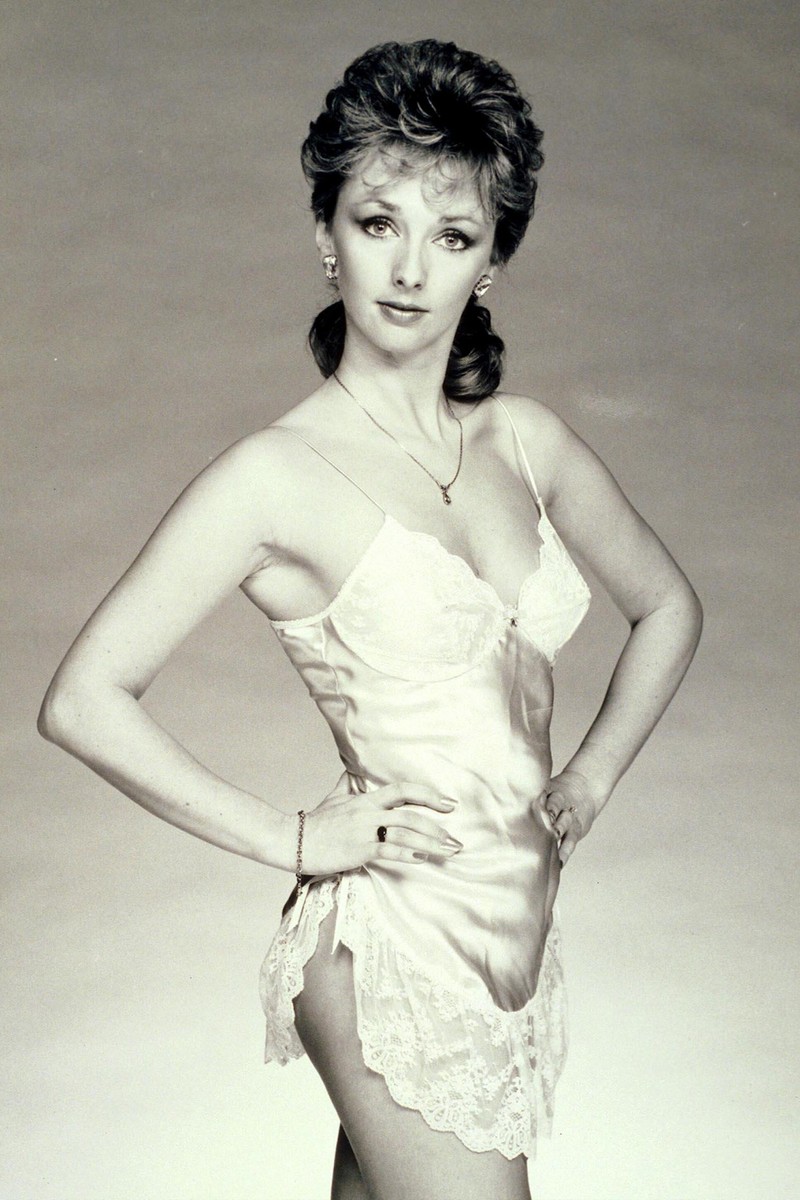
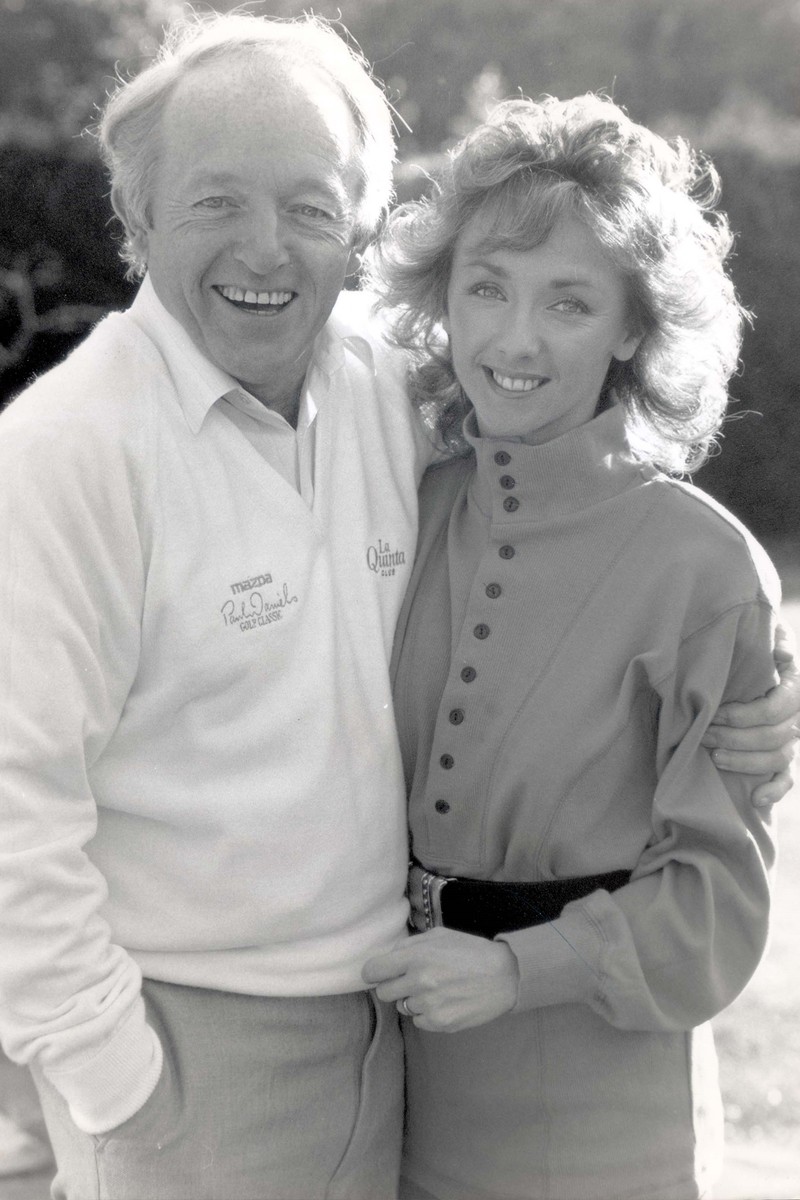
/https%3A%2F%2Fsheerluxe.com%2Fsites%2Fsheerluxe%2Ffiles%2Farticles%2F2024%2F10%2Fdebbie-mcgee-bought-image-2.jpg?itok=gHYMdbwZ)
